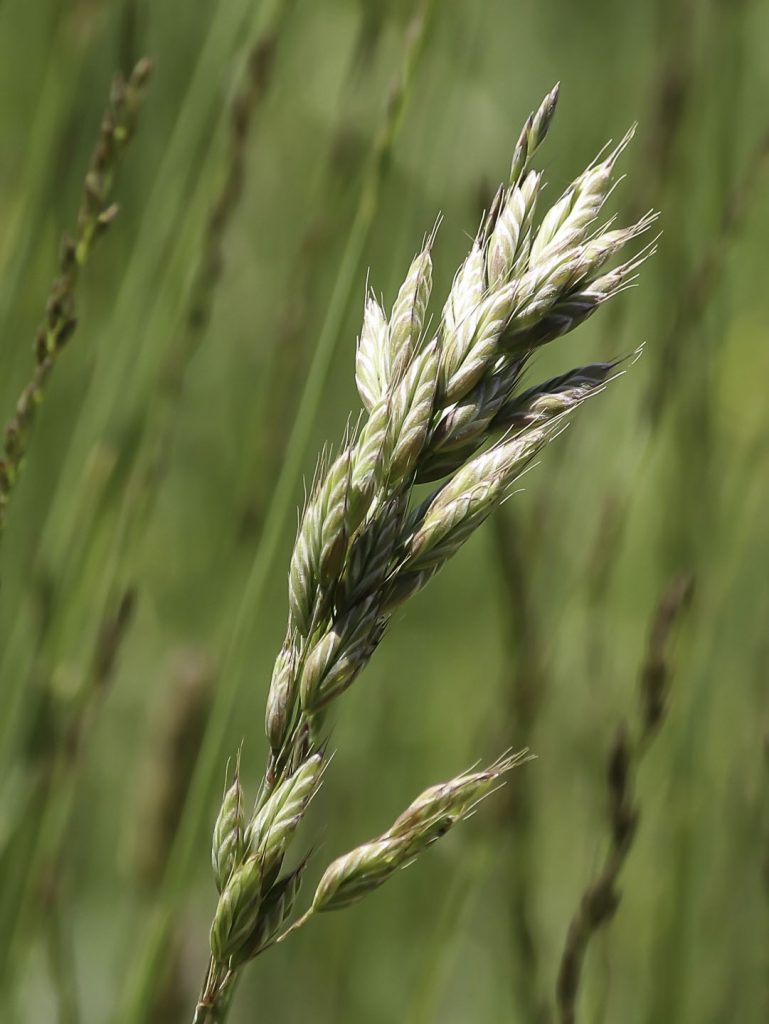Bromus hordeaceus seed bull grass

Bromus hordeaceus, commonly known as bull grass or soft brome, is a grass species found primarily in Mediterranean climates, with its distribution spanning from Western Europe to California. It is a hardy, annual grass that thrives in a variety of soils, from low-fertility sites to more developed terrains. While it is often seen as a pasture grass, it has several important ecological and agricultural applications.
Uses and Benefits:
Forage and Livestock Feed: Bromus hordeaceus is highly valued for its role as livestock forage. It is particularly known for producing excellent quality forage when young, making it a prime choice for grazing during early summer before it reaches full maturity. This grass can provide up to 4,000 pounds per acre of forage when fertilized【88†source】.
Erosion Control: The grass is commonly used in conservation efforts, especially in areas prone to soil erosion. Its ability to establish quickly and reseed naturally makes it an ideal choice for re-vegetating disturbed or bare slopes, including those around roads, reservoirs, and newly developed lands【88†source】【89†source】.
Wildlife Support: Bromus hordeaceus also supports wildlife, particularly quail and deer, by providing both food and cover. The green, succulent leaves are a valuable food source during winter and spring, while the mature seed heads offer sustenance later in the year. Additionally, it serves as a nesting cover for birds like quail in areas not grazed heavily【88†source】.
Soil Improvement and Cover Crops: It is frequently used as a cover crop to enhance soil quality in orchards, vineyards, and other agricultural settings. Its drought resistance and ability to improve soil structure through its root system make it a beneficial component of crop rotation or green manure【88†source】.
Ecological Considerations: While useful, Bromus hordeaceus can become invasive in some regions if not properly managed. It competes with perennial grasses and can displace native vegetation, particularly if it establishes itself too early in the growing season【89†source】.
In conclusion, Bromus hordeaceus, or bull grass, is a versatile plant with wide applications in agriculture, conservation, and wildlife management. However, like all non-native species, its impact on local ecosystems should be carefully monitored to avoid adverse effects on biodiversity.
